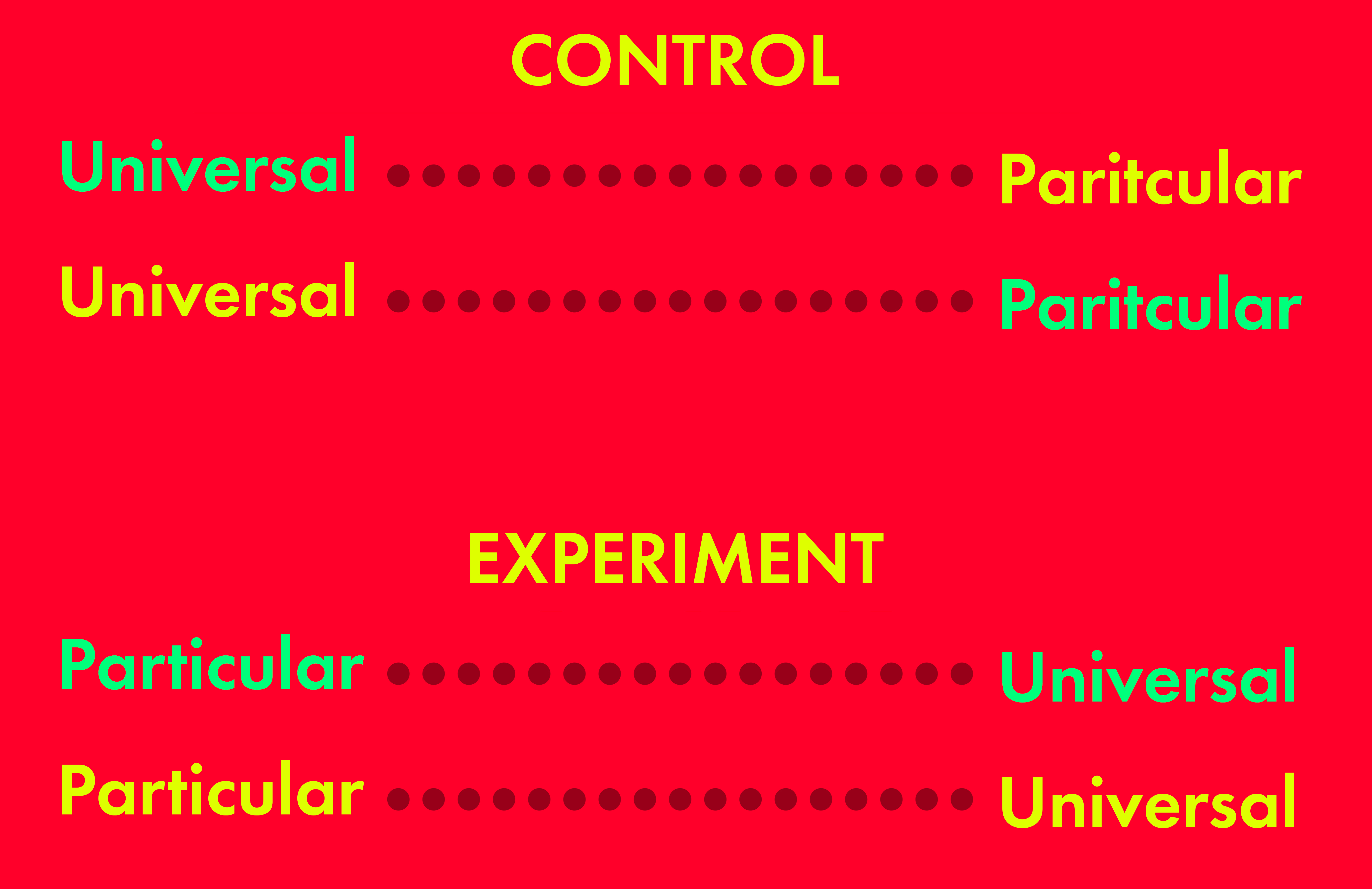In a study done in 1988, psychologists discovered that we have different views on our quality of life from moment to moment, depending on what we were thinking about before we were asked the question.
Duh, right? If you just finished watching Schindler’s List, you’re likely going to feel happy about your cozy position in life and be thankful that you are not in a WWII concentration camp. However, it’s much more complex than that.
Our views are capable of being changed by even surprisingly subtle preceding notions. You don’t necessarily have to have a near-death experience or have some life-altering epiphany to dramatically alter your perception of life.
When subjects were asked whether their lives were happy before being asked about their relationships, there was little correlation between the two answers. One answer may be positive while the other negative; therefore, it was demonstrated that asking a universal question before a particular one had little to no effect. So, for example, if someone’s life was happy but they hadn’t had a relationship in a while, the correlation between their answers is considerably weak:
How happy is your life in general?
It’s great!
And how is your dating life?
Well, I haven’t really been seeing anyone…
However, when the questions’ order was reversed, asking the particular question before the universal question, the answers became more closely related. So given a little more context, even though it was done subtly, the answers about peoples’ happiness would be impacted by their previous particular answers. Remember the example above? In the same scenario, with the questions asked backwards, the answers would become more of the same. Positive, positive; negative, negative.
How is your dating life?
I haven’t been with anyone for a while.
And how would you measure your happiness in life?
I’m a bit dissatisfied.

But what if their responses were just because of the conversational attitudes we have? You ask me something and I answer back a response; you ask me a follow-up question and I’ll give you a follow-up answer.
The researchers took that into consideration and even tested for it separately. When the two questions were asked together, but in a conversational context, the answers were surprisingly less correlated. The psychologists suggest that this might be because the second question was being processed as new information and not requiring the information from the first, more particular question to be applied.
Either way, we can take away from this the idea that we can change the way we perceive life by the way we behave in life. You don’t need to be a relationship guru to be happier (though this study suggests that it might help), but you can take steps to view your life differently and give yourself the context you need to be happier. If you’re thinking about an aspect of your life in which you maybe don’t have it made yet or you’re insecure, you’ll have a subtle negative emotional response. That’s the crazy thing: even if it’s in your own head.
Further implications using the results of this experiment would be interesting. Imagine if people read about this and went on to “prime” people of authority before asking something of them.
It makes sense when you think about it– those who aren’t so subtle will compliment someone before asking for something from them. To the rest of us, we consider that to be fake. When, instead, a positive aspect of life is so subtly brought up or questioned about, perhaps they’ll take to a request a little better. This is entirely speculation and not from the experiment itself.